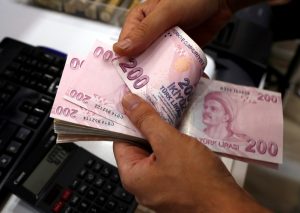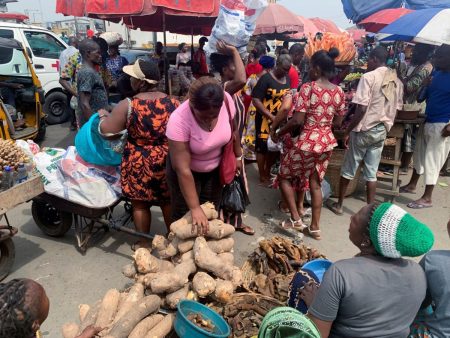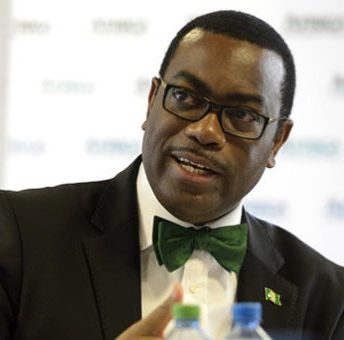
09 August 2018, New York — New U.S. sanctions drove down Russia’s ruble, while worries that Turkey was sliding into a full-blown economic crisis battered the lira on Thursday, but global equity markets largely shrugged off these events to edge higher.
The Russian ruble slid 1 percent after Washington said it would impose fresh sanctions because it had determined that Moscow had used a nerve agent against a former Russian agent and his daughter in Britain, which the Kremlin denies.
The ruble slid to its lowest since late 2016, hitting 66.7099 rubles to the dollar and leaving it, after a second day of declines, more than 4 percent weaker than it had been late on Tuesday.
Turkey’s lira touched a record low against the dollar, weakening 4 percent in 24 hours after meetings in Washington looked to have made little progress in mending a row over Ankara’s jailing of an American pastor.
“Politics continues to wreak short-term havoc in global FX markets,” said Viraj Patel, a currency strategist at Dutch bank ING. “We’re questioning whether any currency is truly safe.
MSCI’s all-country world stock index rose 0.02 percent.
European shares earlier in the session were lower but later pared most losses. The pan-European FTSEurofirst 300 index of leading regional shares closed up 0.02 percent, as did the blue-chip EURO STOXX 50.
On Wall Street, the benchmark S&P 500 index rose modestly and remained less than half a percentage point from breaching an all-time high that was set in January.
With the second-quarter U.S. earnings season mostly over, investors are turning their attention from solid economic growth and corporate profits to other risks, said Michael Arone, chief investment strategist at State Street Global Advisors in Boston.
The latter half of August into September is notoriously volatile and associated with some potential hiccups in the market, he said.
“It wouldn’t surprise me to see the market struggle to move much higher from here, even if we do breach the all-time highs, until we get around to the next earnings seasons,” Arone said.
- Reuters



